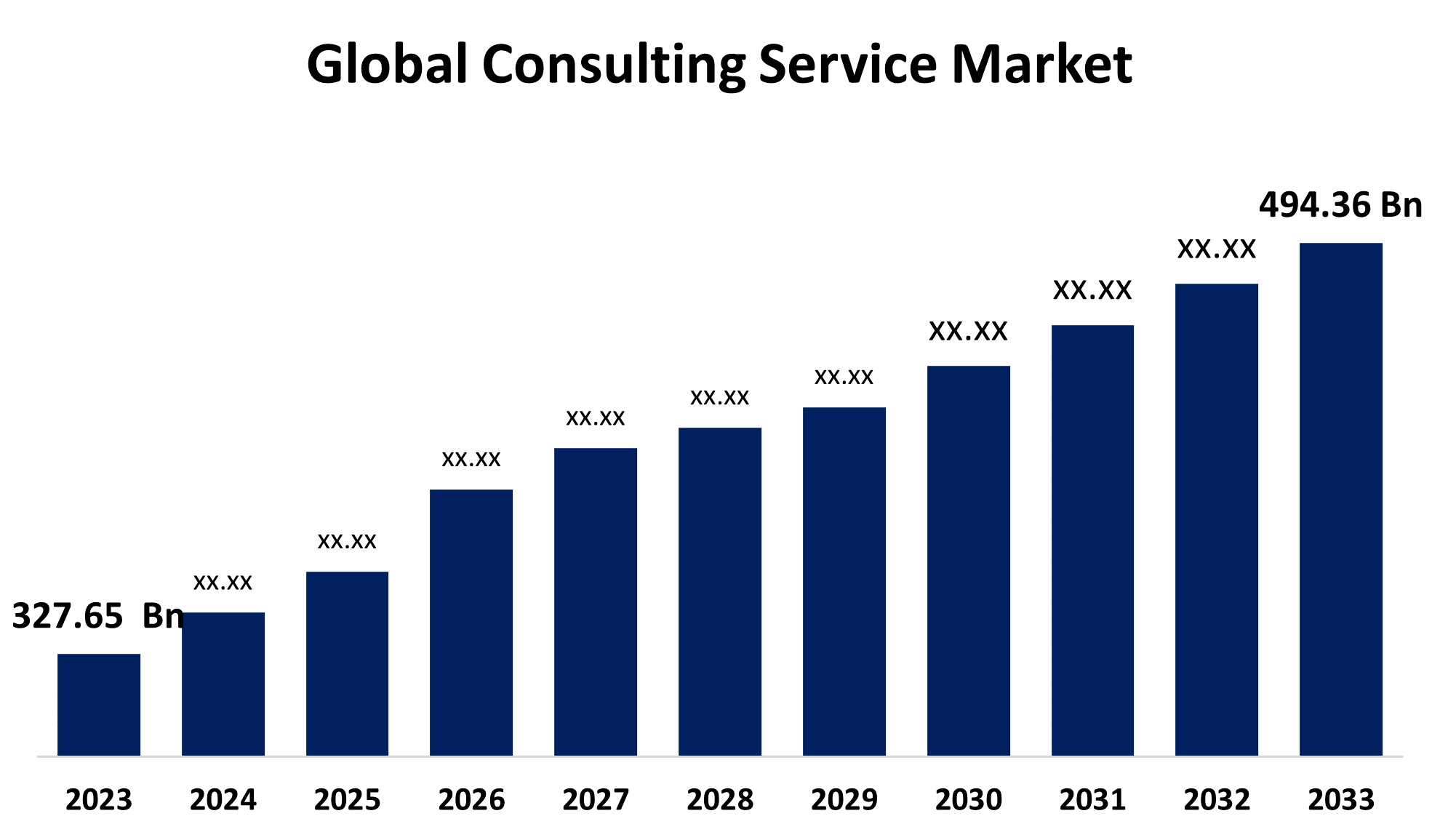
Financial services strategy consulting focuses on helping organizations in banking, asset management, insurance, and other financial sectors develop effective plans to navigate market changes and competitive pressures. It involves analyzing market trends, regulatory environments, and technological advancements to build strategies that enhance growth and operational efficiency. The core value lies in creating actionable strategies that drive sustainable success in a constantly evolving financial landscape.
Consultants in this field offer expertise in areas such as digital transformation, risk management, capital markets, and customer experience optimization. They support clients by identifying opportunities, managing risks, and adapting to disruptions caused by fintech innovations and globalization. This targeted guidance enables financial institutions to strengthen their competitive edge and improve overall performance.
By leveraging specialized knowledge and industry insights, financial services strategy consulting helps firms respond to challenges while positioning them for long-term growth. The outcome is a more agile, innovative, and resilient organization capable of meeting the demands of a complex market environment.
Core Elements of Financial Services Strategy Consulting
Financial services strategy consulting centers on precise decision-making frameworks that drive competitive advantage and operational efficiency. It focuses on aligning business models with market demands, capturing growth opportunities, and integrating emerging technologies.
Strategic Planning for Financial Organizations
Strategic planning in financial services defines an organization’s long-term goals and outlines actionable steps to achieve them. Consultants help firms evaluate market trends, regulatory changes, and internal capabilities to design adaptive plans that address risk mitigation and capital allocation.
This process often involves scenario analysis to prepare for economic fluctuations. Clear performance metrics and governance structures are established to monitor progress and adapt strategies when necessary. The goal is to ensure resilience and sustained profitability amid evolving financial landscapes.
Growth and Market Entry Strategies
Growth strategies emphasize expanding market share through product innovation, client segmentation, or geographic diversification. Strategy consultants analyze competitive positioning and customer needs to identify high-potential opportunities.
For market entry, consultants develop tailored approaches including partnership models, regulatory compliance pathways, and localized value propositions. This helps firms minimize entry risks and capture unmet demands efficiently. Growth initiatives also consider mergers and acquisitions as tactical levers to accelerate scale and capabilities.
Digital Transformation Initiatives
Digital transformation in financial services involves adopting technologies like AI, blockchain, and cloud computing to enhance operations and customer experience. Consultants assess legacy systems to design integration plans that improve agility and reduce costs.
Emphasis is placed on data analytics to drive informed decision-making and personalized services. Security and compliance frameworks are reinforced to protect sensitive information. Transformation initiatives aim not only to modernize infrastructure but also to embed innovation within the business culture.
Implementing Effective Consulting Strategies
Effective consulting strategies in financial services require targeted approaches to mitigate risks, enhance operational processes, and ensure compliance with regulations. Successful implementation balances these critical factors to deliver measurable improvements and strategic value.
Risk Management Solutions
Risk management in financial services consulting focuses on identifying, assessing, and mitigating potential threats. Consultants develop tailored frameworks that address credit, market, operational, and liquidity risks.
They employ quantitative models and scenario analyses to predict risk exposure and guide risk appetite settings. Additionally, strategic recommendations often include strengthening internal controls and adopting advanced risk monitoring technologies.
Emphasis is placed on embedding a risk-aware culture across the organization. This includes training, updated policies, and continuous reporting mechanisms to ensure risks are managed proactively and transparently.
Operational Excellence and Efficiency
Improving operational efficiency involves streamlining processes, reducing costs, and leveraging technology. Consultants analyze workflows to identify bottlenecks and redundancies that hinder productivity.
Implementation often incorporates automation tools, digitization of manual tasks, and integration of data systems. This enables faster decision-making, reduces errors, and enhances customer experiences.
Benchmarking against industry standards and best practices guides performance improvement. Metrics such as turnaround time, cost-to-income ratio, and employee utilization rate are key indicators monitored throughout the process.
Regulatory Compliance and Governance
Regulatory compliance consulting guides financial institutions through complex legal and industry requirements. Consultants assess current compliance frameworks and recommend enhancements aligned with evolving standards.
Key focus areas include anti-money laundering (AML), data privacy, and capital adequacy regulations. Advisory services may support the design of governance structures to ensure clear accountability and oversight.
Strong compliance practices protect organizations from penalties and reputational damage. Consultants also emphasize ongoing training and auditing to maintain adherence and respond quickly to regulatory changes.